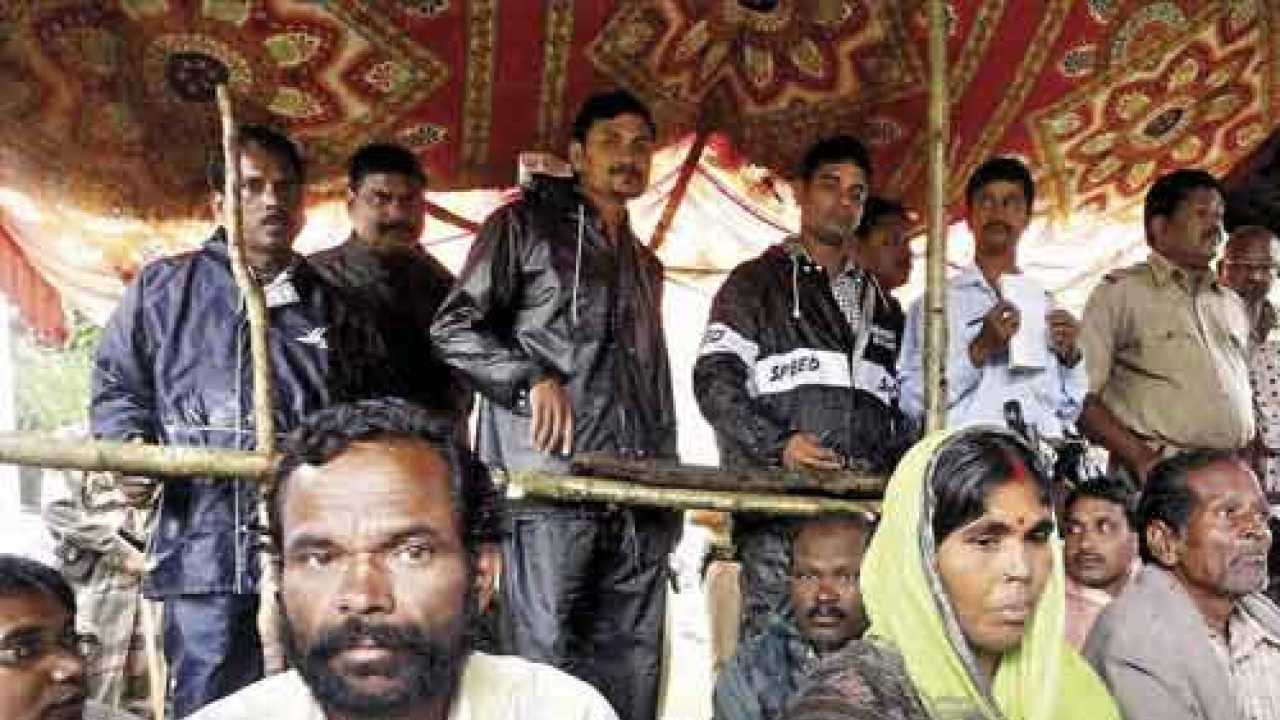
The developments in the Niyamgiri hills are nothing short of a revolutionary change in India’s experiment with democracy. Eight out of 12 villages of the Dongria Kondh tribe have opposed the plans of Vedanta and state-run Orissa Mining Corporation to mine the hills, sacred to them, for bauxite. In 2010, the Union environment ministry had denied environmental clearance to the project.
Subsequently, the Supreme Court in a landmark order this April, directed India’s smallest unit of governance, the humble gram sabha, to decide the fate of the mighty Vedanta. In the democratic exercise presided over by a district judge, some Dongria Kondhs wanted their deity, Niyamaraja, left undisturbed, while others feared ecological destruction and the drying up of streams.
It has taken 66 years for the Adivasi’s voice to be heard in such clear and resounding terms. But too much has been lost. Across India, Adivasis have forsaken most of their lands to the state for the sake of the “larger economic good” promised by big dams, mining projects and forest conservation. Outsiders have encroached and entrenched themselves in many Adivasi areas, often exploiting them too. Though the Panchayats (Extension to Scheduled Areas) Act and the Forest Rights Act promised to safeguard the Adivasis’ rights over their lands, the peremptory logic of economic growth has robbed the Adivasis of their forests and the forests of their trees, people, animals, and soil.
The veto by the villagers has left the fate of Vedanta’s Lanjigarh aluminium refinery hanging in the balance. Vedanta, had planned to mine 660 hectares on the Niyamgiri hilltops for an estimated 2 billion tonnes of bauxite. Having pumped in Rs50,000 crore, Vedanta is Odisha’s biggest foreign investor. Other companies like Posco are facing stiff opposition too. The SC’s mining bans in Karnataka and Goa stemmed from unregulated mining activities that degraded the environment and fuelled rampant corruption.
The battle to protect Niyamgiri has pitted tribals against the state, activists against Vedanta, the centre against the state, the Congress against the Biju Janata Dal, with even “crown-prince” Rahul Gandhi making two surprise appearances to support the agitation.
The image of the Adivasis protecting their sacred mountain against the mineral-hungry corporate resonated across the world and put further pressure on the centre. Wisening up, Odisha is now proposing that mining lessees pay for the development of tribal communities.
The development discourse cannot overlook the environment and the lives of local communities any longer. The referendum at Niyamgiri should become an established precedent. For the Indian government, Niyamgiri is a wake-up call. Local opposition to mega mining, power and manufacturing projects stems from genuine concerns. Attempts to explore an alternate development paradigm that is eco-friendly and labour intensive must begin. Blame such slow-go on democracy, but Niyamgiri’s grassroots referendum gives us a good reason to be proud of Indian democracy.